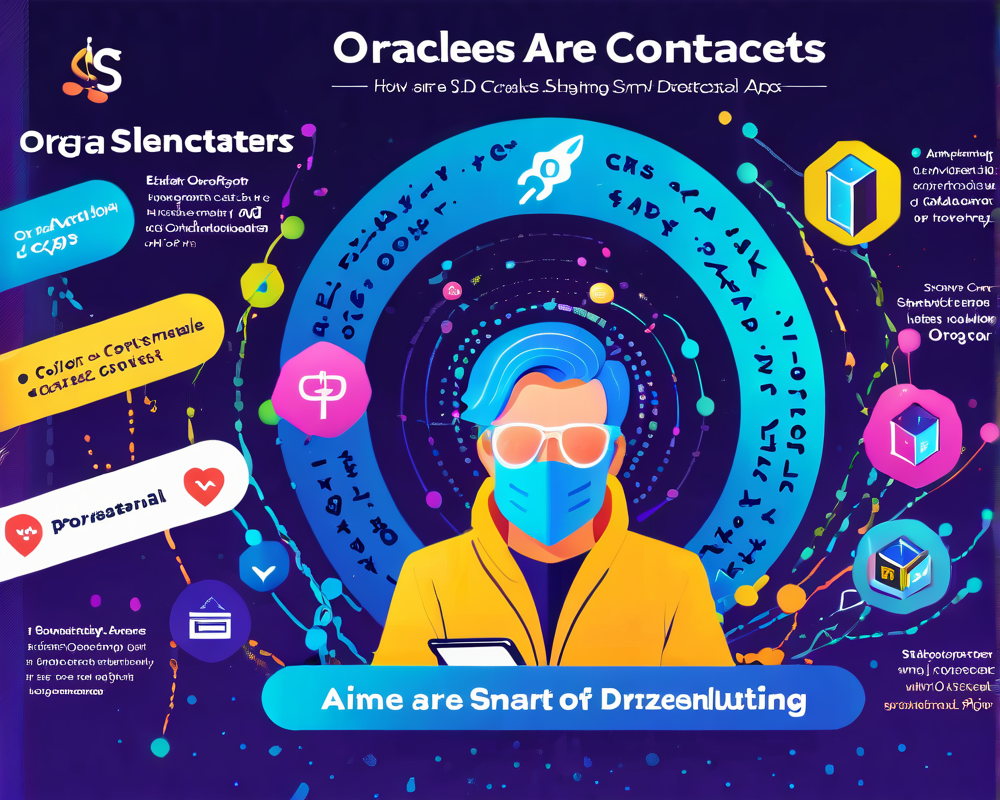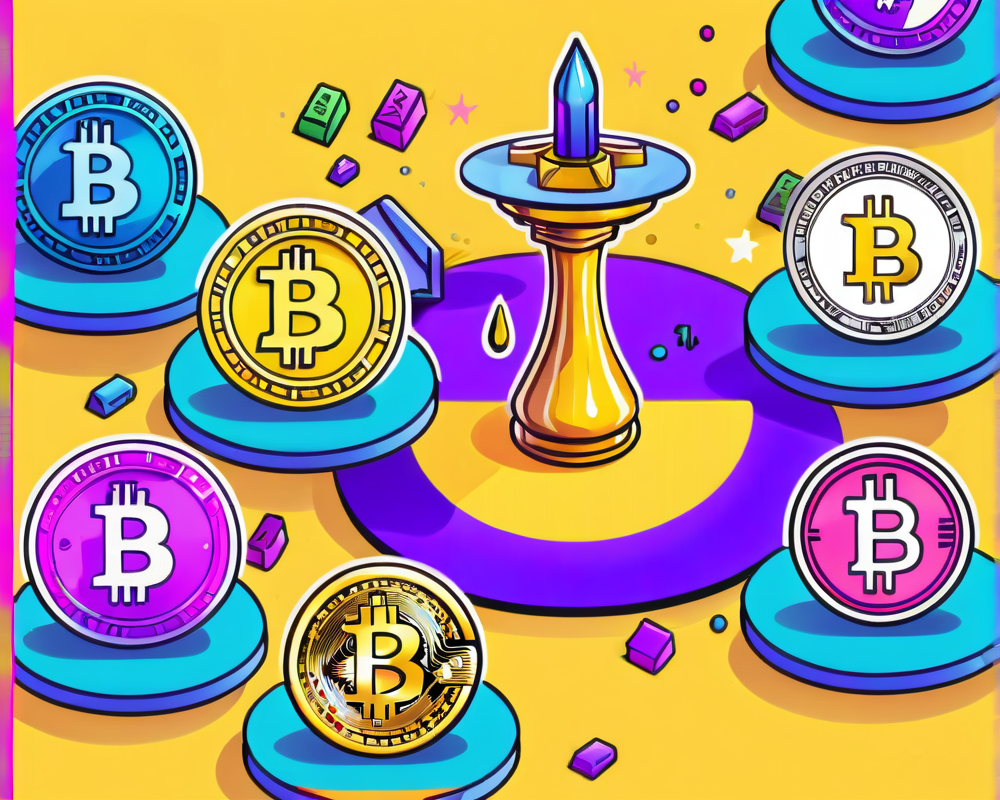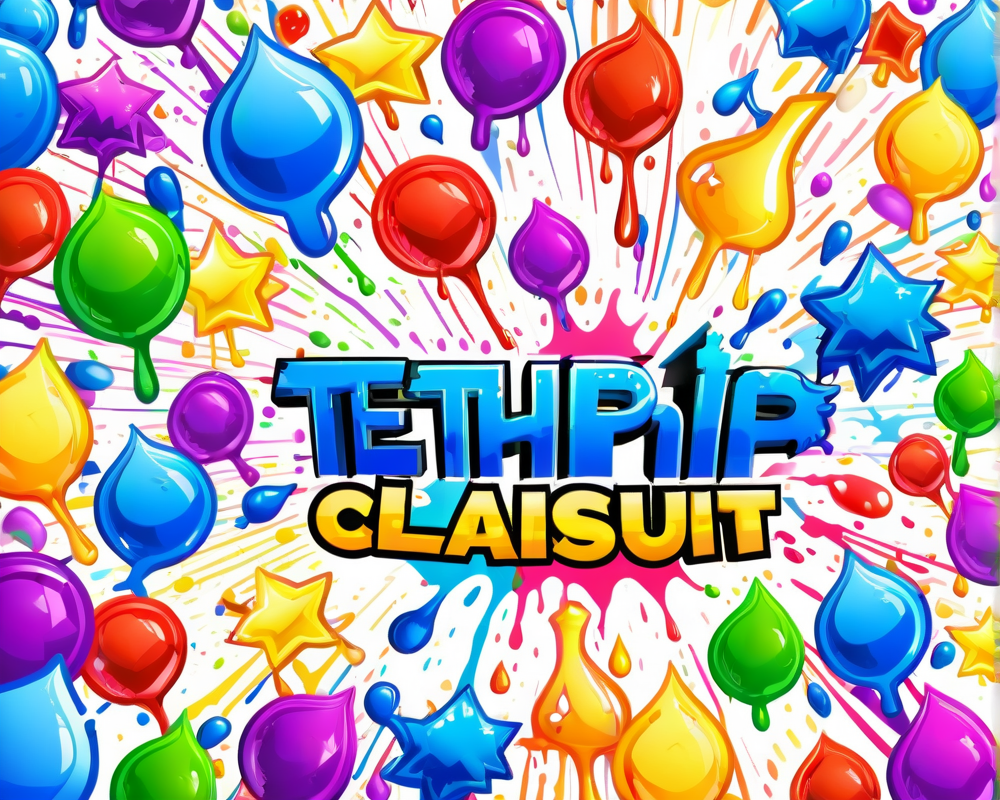The Rise of Smart Contracts and Their Challenges
With Bitcoin making headlines and cryptocurrencies flooding into our conversations, many folks are now nodding knowingly about Ethereum, smart contracts, and the ever-mystifying Blockchain technology. But beneath the shiny surface lies a conundrum. Smart contracts, while revolutionary, come with some quirks that can leave even seasoned developers scratching their heads.
Understanding the Dilemma: Deterministic vs Non-Deterministic Data
At the core of smart contracts is the idea of determinism. This means every transaction is executed in a specific order, a bit like a game of dominoes. But, this nifty feature becomes a hiccup when you need external data—outside of the blockchain’s cozy confines. Imagine wanting to adjust a contract based on the latest weather report or stock price; unless that information lives on the blockchain, you’re out of luck. Determinism gives Blockchains their famous immutability, but, oh boy, does it limit flexibility!
Enter the Oracle: Your New Best Friend
Here’s where oracles come into play. Think of oracles as the bridge between the blockchain and the real world. They fetch external data and serve it up on a silver platter (or, you know, a block) to smart contracts, allowing them to make decisions based on real-time information. It could be as simple as fetching a stock price or as dreamy as tracking weather patterns across the globe.
The Quest for Reliable Oracle Data
Despite the apparent brilliance of oracles, the process of finding and integrating this data has been anything but simple. Developers often find themselves in a frustrating scavenger hunt for reliable sources. This is where Zap.Store swoops in like a superhero on a data mission!
Zap.Store: Making Oracle Data Accessible
Zap.Store is changing the game by creating a marketplace for data feeds specifically designed for oracles. Imagine a centralized hub where developers can simply search for and create oracles, drastically cutting down the scout time. Instead of reinventing the wheel and starting from scratch, a simple click can grant access to a treasure trove of data. This means faster development for decentralized apps (DApps) and a more streamlined pioneer path for innovators.
Let the Data Flow: Monetizing Oracle Connections
But wait, there’s more! Zap.Store is not just a one-way street; it also allows data providers to monetize their information. For those who have valuable datasets, the ZapMarket smart contract allows for bonding ZAP tokens. When a developer wants data, they exchange these tokens for seamless access. The process is smooth—think private chats for data exchange without the awkward small talk.
Keeping Things Simple with KISS
Zap’s philosophy is rooted in KISS: Keep It Simple, Stupid. With user-friendly interfaces, complex navigation is a thing of the past. It’s all about enhancing user experience and making the lives of developers easier. With just a few clicks, users can pull off what would traditionally take ages. This simplicity and efficiency make Zap a strong contender in the Ethereum ecosystem.
The Future of DApps is Bright
It’s clear that oracles are destined to play a pivotal role in the evolution of smart contracts and DApps. With platforms like Zap on the rise, the future looks promising. Developers and businesses alike stand to benefit from streamlined processes, monetization of data, and easier access to off-chain information. Buckle up—the cryptocurrency space is about to get a whole lot more interesting!




